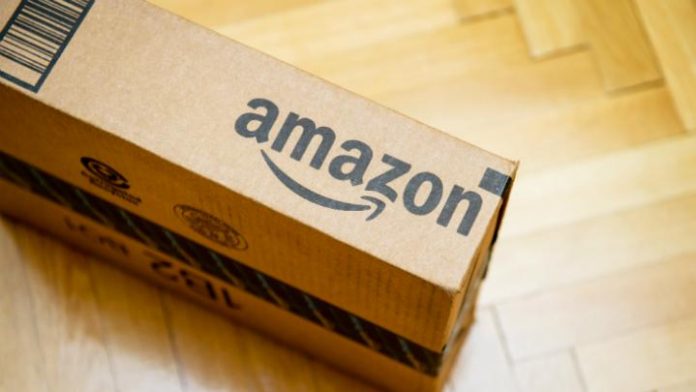Technology giant Amazon is entering healthcare and insurance in the USA, Japan and India. While there is no guarantee that consumer trust in Amazon would transfer to the area of personal healthcare, the disruptive potential of its personal assistant service Alexa could be significant for medical tourism.
Amazon is far more than an online retailer. It is a technology company and e-commerce powerhouse, driven by a central belief that technology can be applied to most problems. It is now entering the Indian health insurance market, and in Japan it will begin offering ‘Prime Now’ drug deliveries directly to consumers who have approval from a pharmacist.
The Amazon alliance with JPMorgan Chase and Berkshire Hathaway show that Amazon’s ambitions go much further than simply selling healthcare products.
With its deep knowledge of machine learning, the company has launched its successful Echo, a smart speaker that connects to the voice-controlled intelligent personal assistant service Alexa, currently the market leader. With more than 20 million Echos sold in the US alone, the possibilities for rolling out a host of new voice-activated services are extensive, and healthcare could be among them.
The first step could be offering telemedicine through current Echo devices whereby Alexa would contact available physicians for a consultation. The Echo Show, which combines traditional smart speakers with a screen, provides the opportunity for video telemedicine, helping with conversion as consumers become familiar with the concept of in-home healthcare.
The next step might be for Amazon to arrange in-home visits from provider networks at simple transparent prices. This could apply downward pressure on the price to treat common illnesses at doctors’ offices or walk-in clinics and could force those establishments to diversify their services by offering telemedicine, late-night hours, weekend hours or in-home nurse visits.
Developing provider networks could prove a challenge unless the company is able to acquire some existing telemedicine providers. There is no guarantee that consumer trust in Amazon would transfer to the area of personal healthcare.
Some consumers may resist the idea of receiving healthcare advice without the involvement of a medical professional, and the idea would face regulatory and safety hurdles. Removing medical professionals from basic diagnostics would drastically lower cost, applying downward pressure on volume and price for doctor and nurse practitioner visits. If Amazon were to apply commercial principles to healthcare referrals (for example, by creating a service marketplace or instituting pay-to-play), this could profoundly disrupt traditional referral patterns.
There are many other areas of healthcare delivery that Amazon is known to be investigating, including as mentioned above piloting pharmacy deliveries in Japan. Its ambition is to be a major healthcare disruptor.
For international and domestic medical tourism, it could push down prices and make agencies and other intermediaries redundant.








 ©2024 All rights reserved LaingBuisson
©2024 All rights reserved LaingBuisson 


